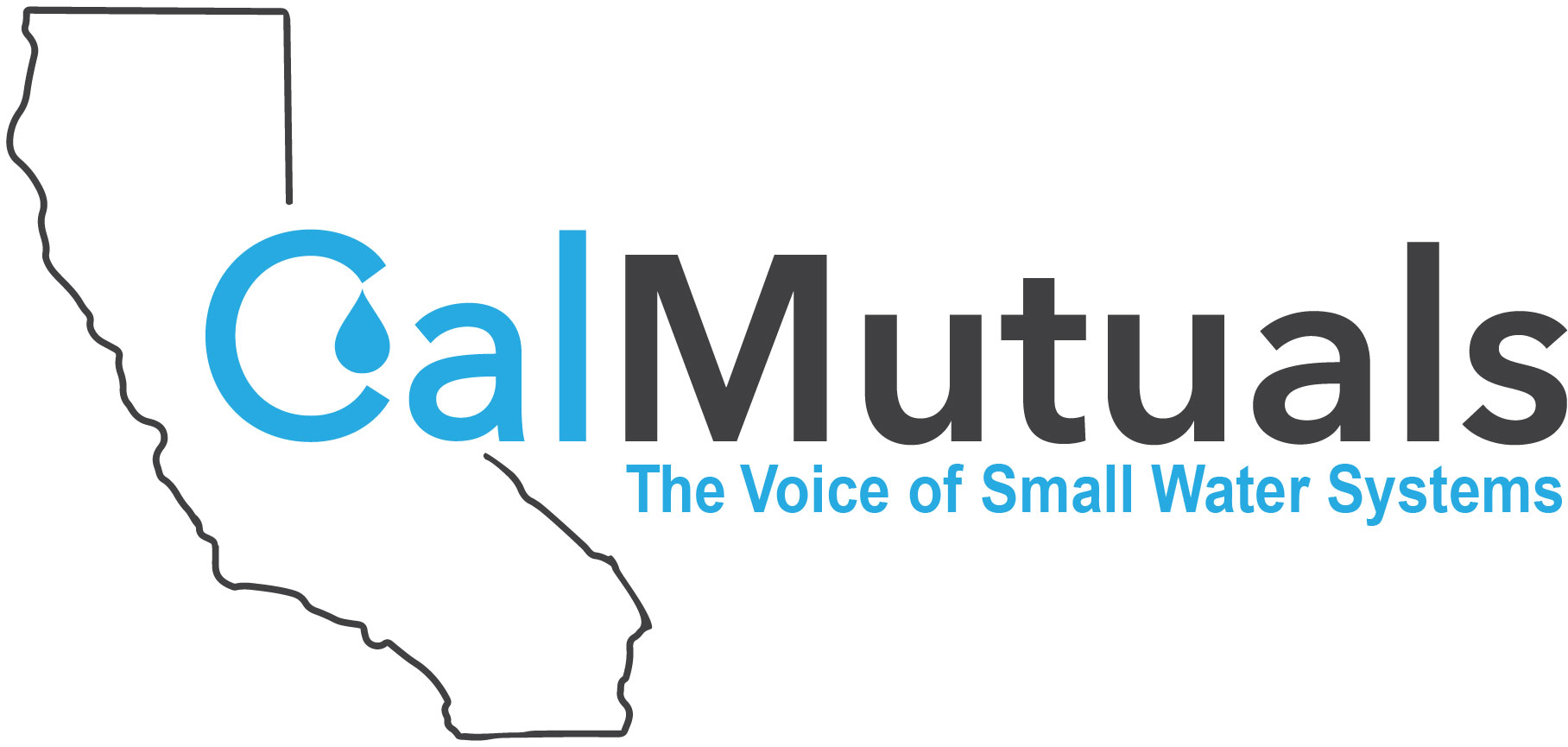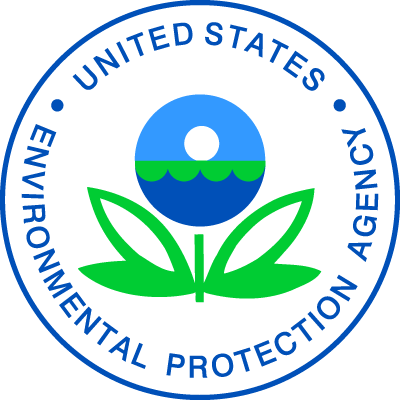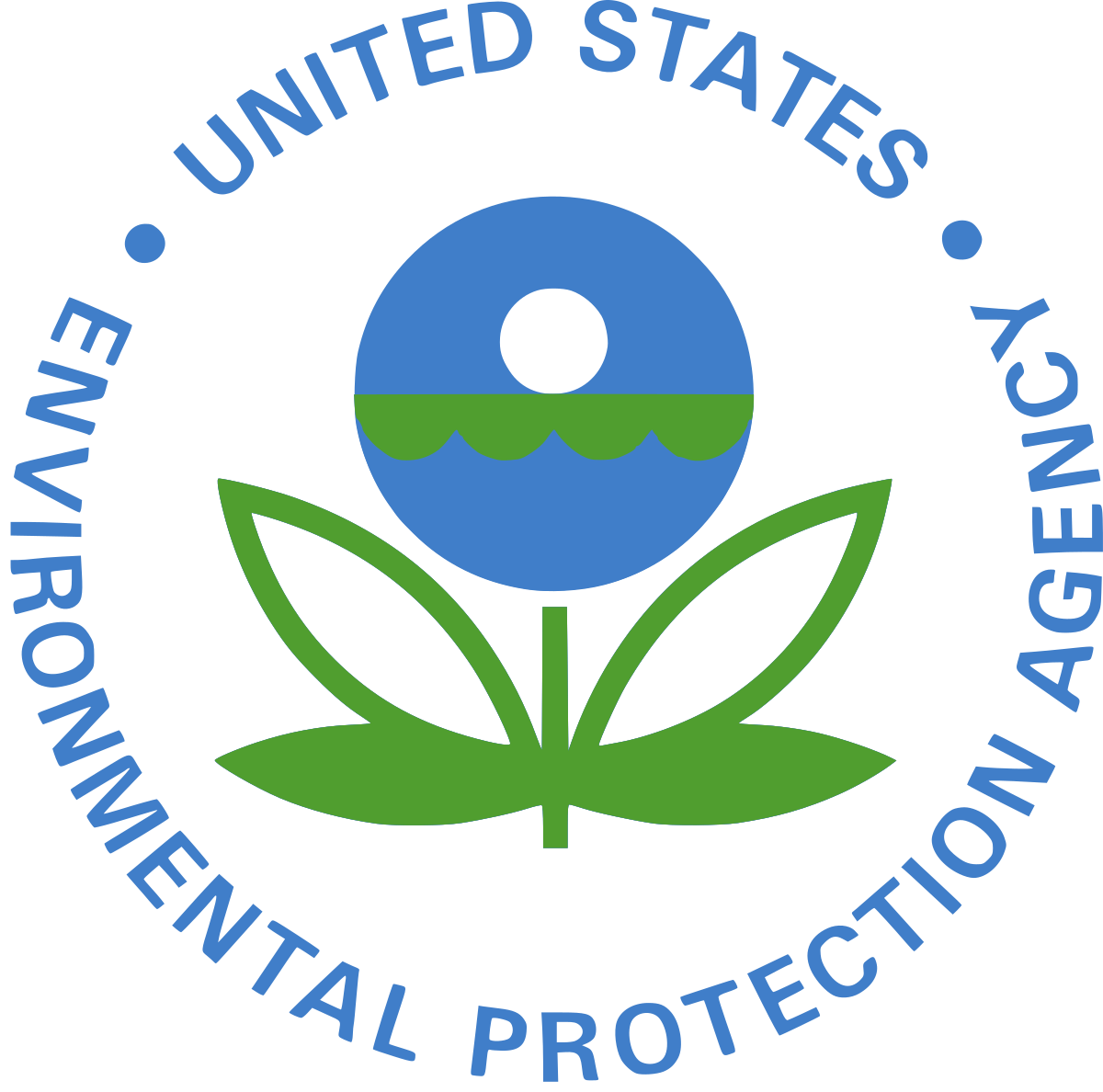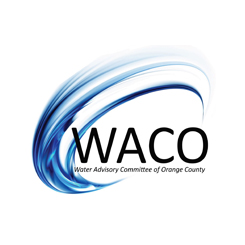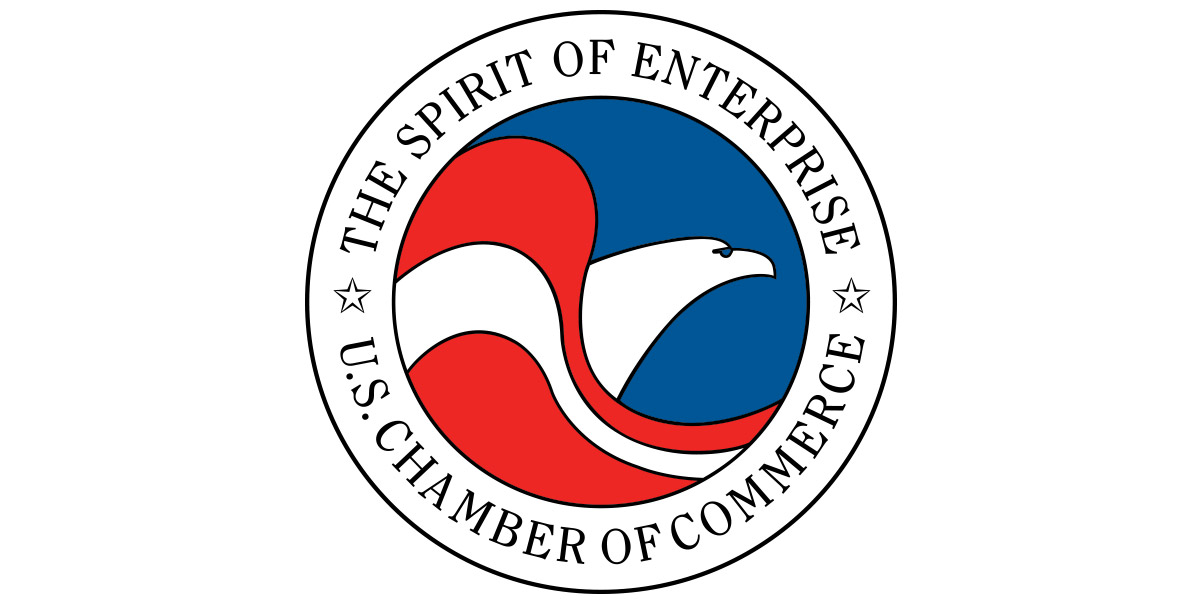Webinar | SARS CoV-2 in Wastewater Monitoring
Webinar OnlyThe EPA's Office of Research and Development invites you to a free webinar! As part of their water research webinar series the US EPA invites you join them for a discussion of SARS CoV-2 in Wastewater Monitoring: Linking Research and Application to Meet Immediate Needs. Widespread studies conducted national and globally indicate that genes specific to SARS-CoV-2 (coronavirus that causes COVID-19) can be detected in wastewater. The ability to collectively sample both symptomatic and asymptomatic individuals has lead dozens of states, cities, and universities to actively monitor wastewater to inform public health decisions. The clarity of the reflection of community prevalence of infection within the mirror of wastewater can be distorted by several factors, including variation in analytical detection methods, decay and dilution of viral genes during wastewater transport, and imprecision in relating the wastewater signal to other imperfect measures of community infection rates. This webinar will focus on the following collaborative efforts of EPA's SARS-CoV-2 wastewater monitoring research team to reduce uncertainties: • Method development within the lab. • Application in sewersheds with distinctive levels of industrial and stormwater impacts–in coordination with the Cincinnati Metropolitan Sewer District. • Development of a wastewater surveillance systems in Ohio–in support of the […]
